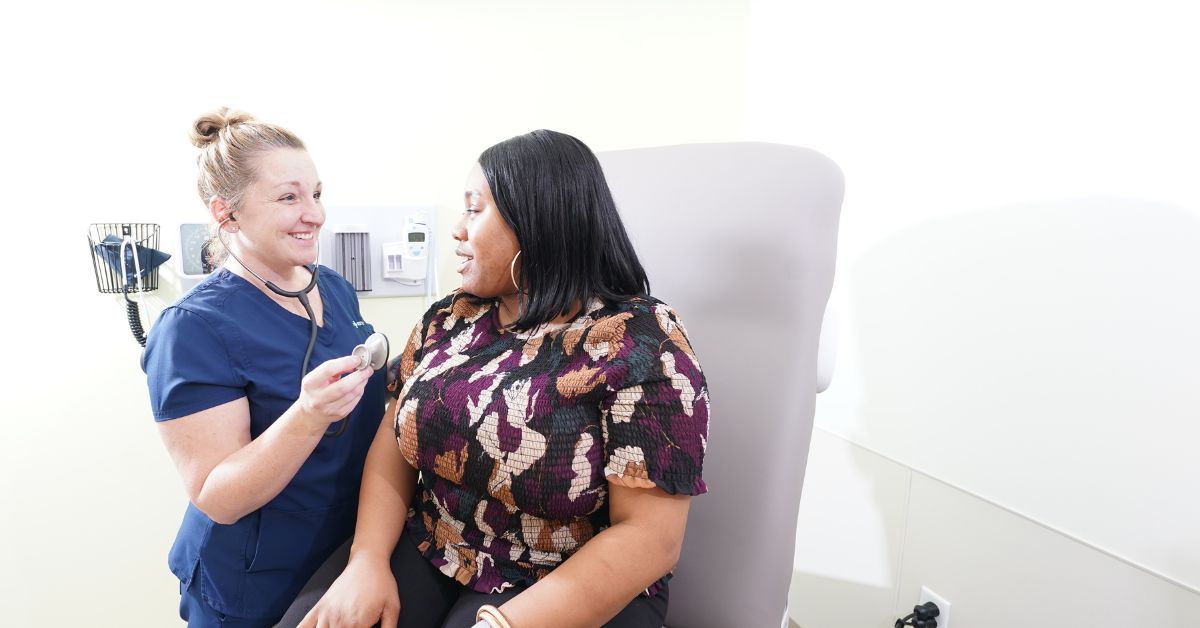A multisystem inflammatory syndrome in children (MIS-C) associated with the virus that causes COVID-19 is currently being evaluated by the CDC and its partners.
This condition, which is also called Pediatric Multisystem Inflammatory Syndrome, causes certain parts of a kid’s body to become inflamed including but not limited to their heart, skin, eyes, lungs and gastrointestinal organs. Being sick with the virus that causes COVID-19 or being exposed to someone with COVID-19 is typically true of most children suffering from MIS-C.
It is important to know MIS-C is a rare condition. While it is serious and can be deadly, most children who are diagnosed are able to recover with proper medical care.
Ongoing investigations are allowing us to learn more about this syndrome as time goes on. Become familiar with what we know so far, thanks to the CDC.
What are the symptoms of MIS-C?
Kids with MIS-C are typically suffering from the following:
- Exhaustion
- Bloodshot eyes
- Rash
- Diarrhea
- Abdominal pain
- Persistent fever
- Vomiting
- Neck pain
Children being asymptomatic is a possibility. Also, some kids might experience symptoms not listed by the CDC yet and not all kids will have the same symptoms.
If a child is experiencing one or more of the following MIS-C symptoms, it is time to receive emergency care:
- Trouble breathing
- Chest pain or pressure
- Confusion
- Inability to wake up or stay awake
- Severe abdominal pain
- Blue lips or face
How are they evaluating MIS-C?
Medical teams have been using echocardiography, abdominal ultrasounds, blood tests and chest radiographs to diagnose MIS-C and find proof of inflammation. Cases of MIS-C are also currently being reported by health care providers to both state and local health departments.
How is MIS-C currently being treated?
Right now, physicians are using medicine, fluids and other methods to help treat the symptoms of MIS-C a child is experiencing. Reach out to your pediatrician or health care provider if you have any concerns about MIS-C. It is thought that most kids who become sick with MIS-C will need medical attention.
What steps can my family take to prevent MIS-C?
The best thing you and you family can to prevent MIS-C is to follow the same steps you should already be taking to prevent COVID-19. This includes avoiding sick people, constant hand washing, and cleaning surface areas regularly.
There is still more to learn about MIS-C
More research is being conducted by the CDC to figure out the reason some children become sick with MIS-C. They are looking into whether preexisting health conditions factor into contracting the syndrome.
It is important to stay informed as public health organizations around the globe collaborate and gather new information on MIS-C.
Stay updated on what Bon Secours is doing related to COVID-19.




